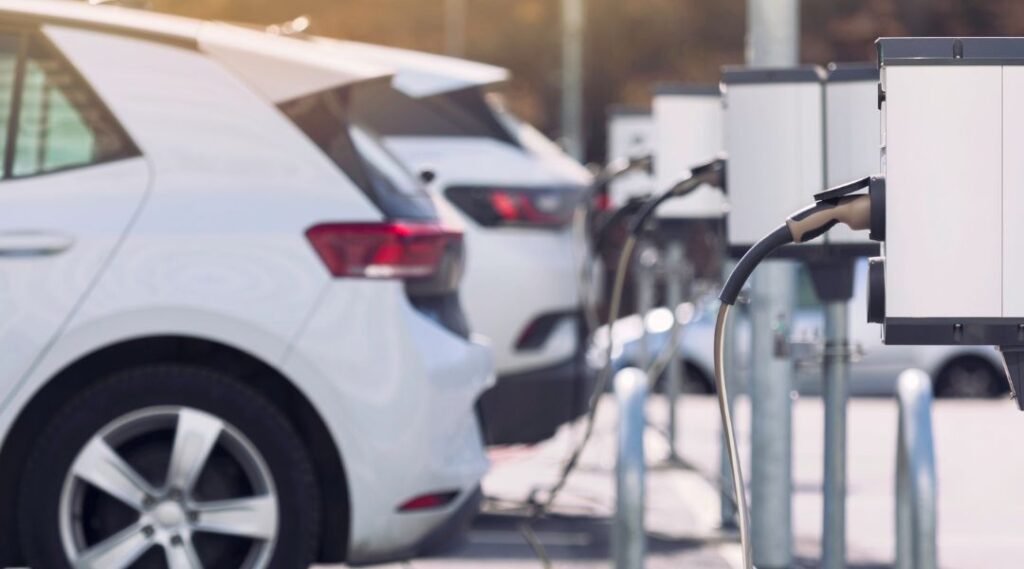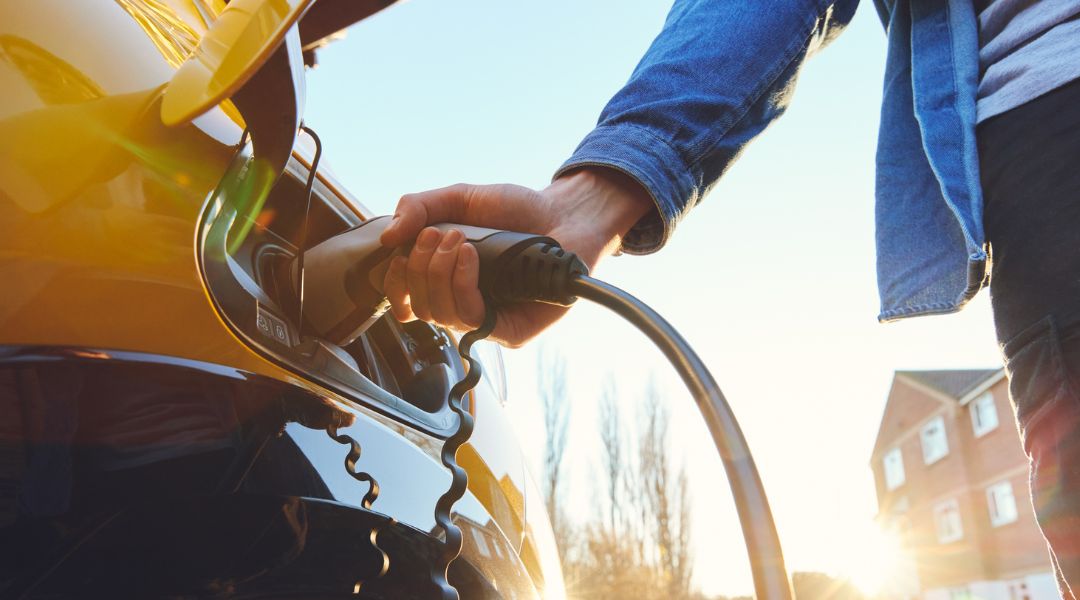Hey there, fellow electric vehicle enthusiasts!
Buckle up because we’ve got some fascinating insights fresh from Gartner about the future of EVs.
Picture this:
By 2027, Gartner, US based marketing research firm predicts that the cost of making next-gen battery electric vehicles (BEVs) will be cheaper than traditional internal combustion engine (ICE) cars. Sounds like a game-changer, right? But wait, there’s more to this electrifying forecast.
So, Pedro Pacheco, Gartner’s VP of Research, spilled the beans on how automakers are revamping their manufacturing game. They’re tweaking processes, embracing new tech, and guess what?
BEV production costs are expected to plummet faster than the price of batteries themselves. That means we’re on track for BEVs to be as affordable as gas guzzlers in no time. Talk about a win for the environment and our wallets!
But hold onto your seats because there’s a twist in this electric tale.
Between, Have you heard that Nissan Goes Electric by Bringing EV Production In-House from 2028?

Gartner also dropped a bombshell: by 2027, around 15% of EV startups founded in the last decade might go bust or get bought out.
Yup, the road to EV glory isn’t all smooth cruising. With competition heating up and incentives fizzling out, some players might struggle to keep up.
Pacheco spilled the beans on why some startups could hit a roadblock. See, many of them are riding high on external funding, which could be a double-edged sword when the market gets rocky.
And let’s not forget the changing incentives landscape – as governments dial back on EV perks, it’s like navigating a tricky obstacle course for these companies.
But hey, it’s not all doom and gloom. Gartner’s crystal ball also sees a bright future for EVs, with shipments set to soar in the coming years. The catch? It’s not just about growth anymore – it’s about who can adapt and innovate in this fast-paced EV race. Companies that can read the road ahead and pivot accordingly are the ones who’ll come out on top.
In a nutshell, Gartner’s peek into the EV crystal ball is a reminder that while the future looks electric, it’s not without its bumps and detours.
So, fellow EV enthusiasts, let’s stay plugged in, keep our eyes on the road, and ride the electric wave into a greener, cleaner future!
Source: Fortuneindia & auto.hindustantimes
Read Also:
Your Master Guide: Lithium-Ion Batteries 101 for EV Owners.
Innovations in Lithium Ion Battery Recycling Technology
FAQ
Will electric vehicles get cheaper?
Yes, electric vehicles are expected to get cheaper in the coming years. Battery costs, a major factor in EV price, are declining due to advancements in technology and manufacturing. This trend is expected to continue, making EVs more affordable.
Is an EV better than an internal combustion engine (ICE) vehicle?
There are advantages and disadvantages to both EVs and ICE vehicles. EVs are generally better for the environment as they produce no tailpipe emissions. They are also quieter and more efficient. However, ICE vehicles currently have a longer driving range and shorter refueling times. The best choice for you depends on your individual needs and priorities.
Will EVs last longer than ICE vehicles?
The longevity of EVs and ICE vehicles is still being evaluated. EVs have fewer moving parts, which could potentially lead to lower maintenance costs. However, battery degradation is a factor to consider with EVs. With continued advancements in battery technology, the lifespan of EVs is expected to improve.
What is an ICE vehicle?
ICE stands for internal combustion engine. ICE vehicles are powered by gasoline or diesel fuel. The engine burns fuel to create an explosion that powers the vehicle.
Will EVs get cheaper in India?
The Indian government is actively promoting electric vehicles. With falling battery costs, increasing production, and government incentives, EVs are expected to become more affordable in India.
Is an EV cheaper than a petrol car in India?
Currently, EVs in India are generally more expensive upfront compared to petrol cars. However, government subsidies and lower running costs due to electricity prices can make EVs a more economical choice in the long run.
Can EVs reduce global warming?
Electric vehicles themselves produce zero tailpipe emissions, which can significantly reduce greenhouse gas emissions and combat global warming. However, the environmental impact of EVs depends on the source of electricity used to charge them.
Why are EVs more efficient than ICE vehicles?
Electric motors in EVs convert a higher percentage of energy from the battery into motion compared to gasoline engines in ICE vehicles. This translates to less wasted energy and a longer driving range on a single charge.
Are electric cars faster than ICE cars?
Electric vehicles can offer quicker acceleration due to the nature of electric motors. However, top speed may not be a major advantage for EVs compared to some high-performance ICE cars.
How much is the cheapest electric car?
The cost of electric vehicles varies depending on the model, range, and features. There are a growing number of affordable EVs on the market, with some reaching price points comparable to budget-friendly gasoline cars.
What’s better than an EV?
There isn’t a single perfect option for everyone. Hydrogen fuel cell vehicles are another emerging alternative with potential advantages. The “best” choice depends on your needs, priorities, and budget.
Does an EV reduce pollution?
Electric vehicles produce zero tailpipe emissions, significantly reducing air pollution in cities. However, the environmental impact of EVs depends on the source of electricity used to charge them.
What are the disadvantages of EVs on the environment?
The mining of materials for batteries can have environmental consequences. Additionally, the disposal of used batteries needs to be done responsibly to minimize environmental impact.


